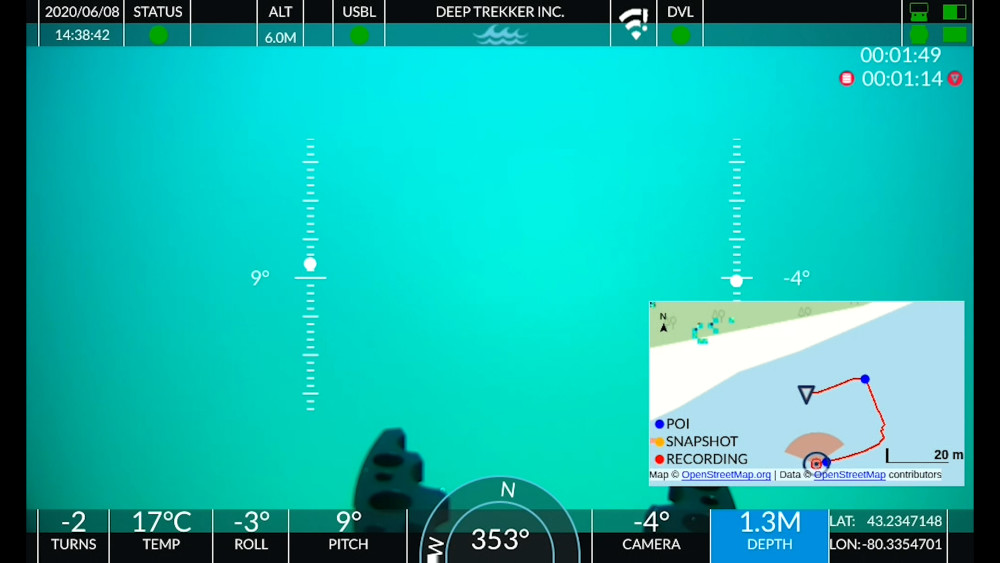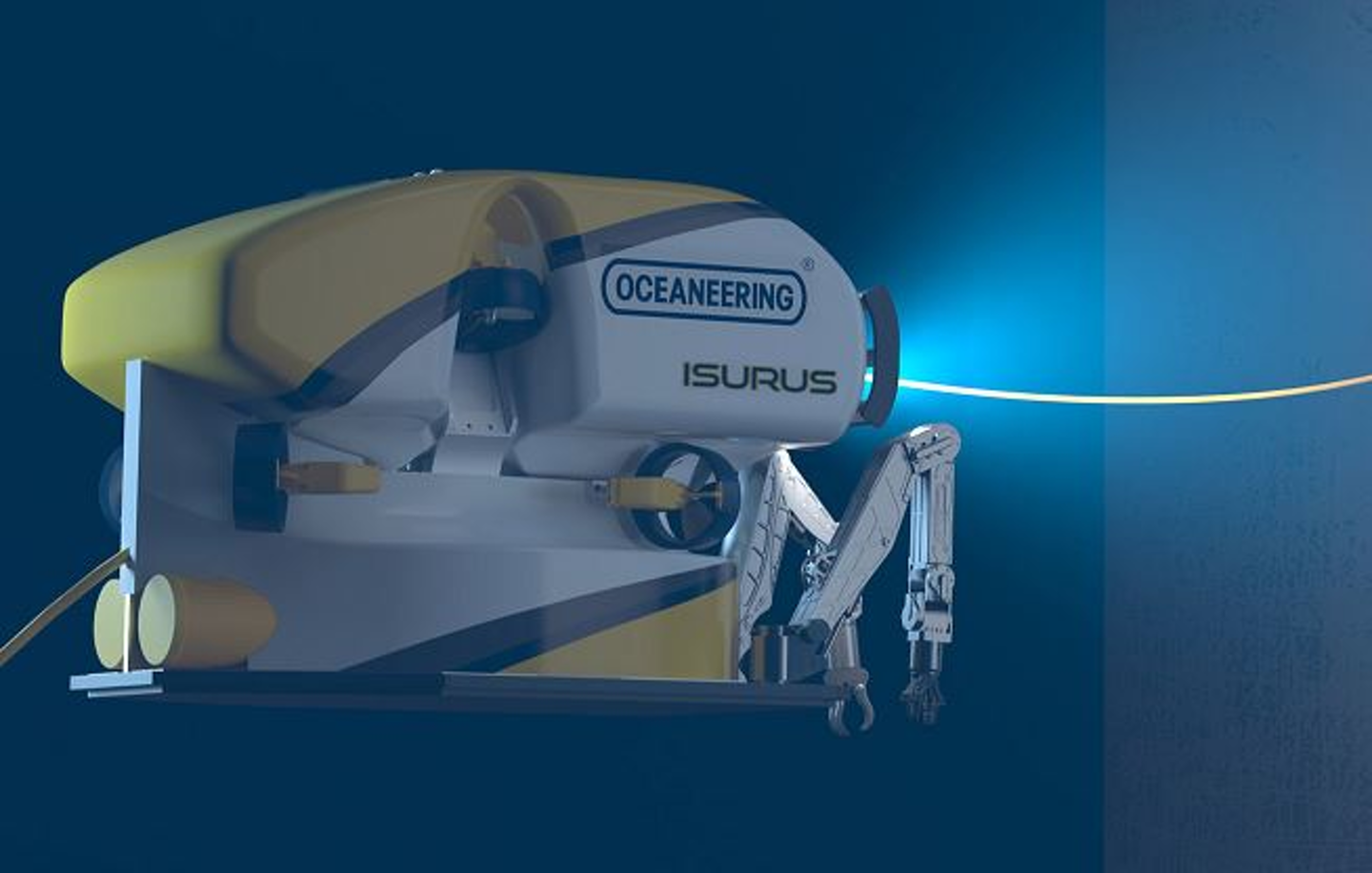Home › Forums › General › Guess what I’ve just heard/read? › UK sector new tax?!
- This topic has 11 replies, 4 voices, and was last updated 14 years, 6 months ago by
Anonymous.
-
AuthorPosts
-
October 4, 2010 at 3:42 am #3870
suby
ParticipantJust had a letter from the office, it seems that as of the 1st Dec 2010 crew on Singapore contracts, now have to start paying tax if they work in the UK sector of the North Sea.
Any ideas where this came from?
Are there any new laws that have just been passed?
October 4, 2010 at 9:39 am #29332James McLauchlan
ParticipantMy understanding is that very little if anything will have changed legally but your company may have been requested to ensure it’s UK based or UK ‘citizen ’employees’ know the deal.
The way I see it (bar room tax advice
).
1) If you live in the UK and work in the North Sea you are liable for tax.
2) If you do not live in the UK and regularly work in the North sea you may be liable for tax if HMRC feel that the UK is still your centre of activity.
As in…. You say you live and work overseas but you have a car, utility bills maybe a house and most of all family and (or) children living in the UK. Or any one of those!3) If you are a UK citizen living out-with UK and work in the North Sea you are liable for UK tax unless you can prove that you are already paying tax in another country that has a reciprocal tax agreement with the UK.
So, in theory, it’s no good being a Brit, living in Thailand on Tourist visas, with no proof of paying no tax in Thailand, no proof of PR in Thailand, and yet working in the North Sea… they’ll come after you.
Equally, I would wary as an Oz or Kiwi working in the North Sea and not paying tax back home. Of cpurse that works both ways!
Over the last couple of years there have been a few people come under pressure in this respect. One such person was based in Thailand and got a right hard time from HMRC… later they admitted they were in error but it was scary stuff all the same.October 4, 2010 at 2:08 pm #29333Anonymous
GuestJust had a letter from the office, it seems that as of the 1st Dec 2010 crew on Singapore contracts, now have to start paying tax if they work in the UK sector of the North Sea.
Which office is that the HMRC or your company office? Is it the case you have an NT tax code and this is now being withdrawn? Does this have any referance to Seafarer’s tax, which remains unchanged.
1) If you live in the UK and work in the North Sea you are liable for tax.
Not if you are vessel based and claim Seafarer’s
2) If you do not live in the UK and regularly work in the North sea you may be liable for tax if HMRC feel that the UK is still your centre of activity.
All expats are liable for tax on any vessel, rig or structure working on the UK continental shelf
Seafarer’s is to be expanded to include those resident in Europe, who pay UK tax from April 2011.
October 4, 2010 at 6:28 pm #29334suby
ParticipantCheers for the feedback James.
This was not an individual letter though, its everyone on a Sing’r contract got them.
I have duel passports, one of them being a UK one. I still have bank accounts in Blighty, but have not lived there for over 30 years.
To me this reeks of some form of company goings on. We pay tax if we are in Nogi, Dutch or Danish waters, now its the UK as well.225- This was from the company I work for, not the tax man.
October 4, 2010 at 6:48 pm #29335Anonymous
GuestWe pay tax if we are in Nogi, Dutch or Danish waters, now its the UK as well
America, Australia….the list of countries that take local taxes isn’t getting any smaller. If your PAYE for the UK sector, when you were tax free before, then there still might be a possiblity for a tax claim.
October 4, 2010 at 7:44 pm #29336James McLauchlan
Participant1) If you live in the UK and work in the North Sea you are liable for tax.
Not if you are vessel based and claim Seafarer’s
One thing is certain..You are liable for the tax… up to the point you successfully claim seafarers allowance.
If your claim is unsuccessful that liability will remain in full!
One thing that is not certain is that you will successfully claim seafarers allowance, so don’t count on that as a given!
Half way through the season you may end on on a rig, sick at home, or out of flavour, and not get enough vessel days at sea to qualify for the allowance.2) If you do not live in the UK and regularly work in the North sea you may be liable for tax if HMRC feel that the UK is still your centre of activity.
All ex-pats are liable for tax on any vessel, rig or structure working on the UK continental shelf
If you are referring to being liable for UK income tax… that’s not always true, which is why I carefully included ‘may be liable’ in my post.
To clarify a little….
It is my understanding that UK Ex-pats working in the North Sea (Continental shelf or inside the 12 mile limit) that live the EU (outwith the UK) are not liable for UK tax if they are permanent residents in another EU country, are employed by an incorporated company in that country and pay taxes locally. In many instances taxes in those countries can be significantly lower than the UK as they may not have an oil and gas industry and are not so up in the air about what a seaman is or isn’t. A point that some might wish to take on board.October 4, 2010 at 9:24 pm #29337suby
ParticipantI think its time for an early trip to my accountant!
Thanks for the input.October 5, 2010 at 10:01 am #29338Anonymous
Guest2) If you do not live in the UK and regularly work in the North sea you may be liable for tax if HMRC feel that the UK is still your centre of activity.
As in…. You say you live and work overseas but you have a car, utility bills maybe a house and most of all family and (or) children living in the UK. Or any one of those!3) If you are a UK citizen living out-with UK and work in the North Sea you are liable for UK tax unless you can prove that you are already paying tax in another country that has a reciprocal tax agreement with the UK.
So, in theory, it’s no good being a Brit, living in Thailand on Tourist visas, with no proof of paying no tax in Thailand, no proof of PR in Thailand, and yet working in the North Sea… they’ll come after you.It did appear that the theme wasn’t really based around Europe and common tax treaties, but of course, those that live in Europe maybe able to choose to pay tax in their country of residence instead of the UK. The real issue of the thread is about paying zero tax and working in the UK sector. The options for this are limited
If you claim Seafarers’ you pay zero tax, its a simple enough statement. Of course if you dont qualify then you are liable for tax. Tax regulations are full of rules and conditions, Seafarers’ is no exception.
October 5, 2010 at 5:36 pm #29339Ray Shields
ParticipantIf you claim Seafarers’ you pay zero tax, its a simple enough statement. Of course if you dont qualify then you are liable for tax. Tax regulations are full of rules and conditions, Seafarers’ is no exception.
It may be simple but not exactly accurate. With Seafarers Tax, you pay your tax during the year. At the end of the tax year you put your claim in and as long as you qualify you will get it paid back.
This is not quite the same as paying zero tax, you have to pay it then claim it back. As James said.
October 5, 2010 at 6:11 pm #29340Anonymous
GuestIf you claim Seafarers (i.e have presented a valid claim) then you pay zero income tax. Seems entirely acurate
…net result zero tax, if that sounds better.
October 5, 2010 at 6:24 pm #29341suby
ParticipantStrangely enough at the same time/date the company is also forcing the guys on UK contracts to change to Singapore ones…….coincidence?
I think not.
October 5, 2010 at 7:52 pm #29342Anonymous
GuestThe movement to Singapore contracts for offshore staff is common, as has happened to many offshore companies. This is about saving Employers National Insurance contributions and nothing to do with personal income tax.
Not having to pay Employers N.I contributions can save a company £Millions, A possible upside for those on Singapore contracts is they will no longer be liable for personal N.I contributions either, if working outside the UK sector.
-
AuthorPosts
- You must be logged in to reply to this topic.





